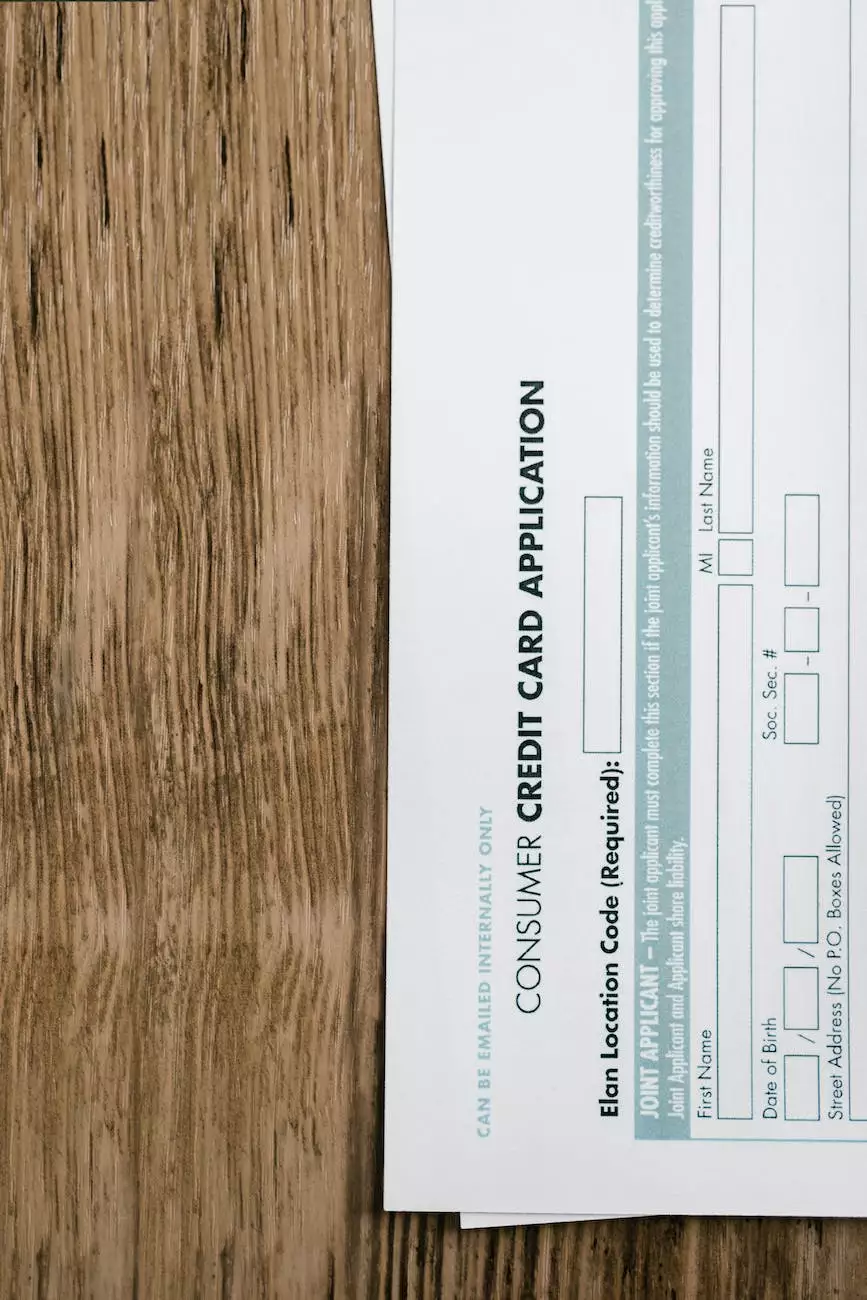Facts and Fiction about Charge-offs
Financials & Reports
Understanding Charge-offs
In the world of personal finance, charge-offs are often misunderstood and surrounded by misconceptions. At Social Service of America, we aim to shed light on the true nature of charge-offs and provide a comprehensive understanding of their implications.
What exactly is a charge-off?
A charge-off occurs when a creditor writes off an unpaid debt as a loss. This typically happens after continuous delinquency, usually about six months. Contrary to popular belief, a charge-off does not mean that the debtor is no longer responsible for the debt. The debt still exists, and collection efforts may continue.
Impact on Credit Score
One of the biggest concerns individuals have regarding charge-offs is their impact on credit scores. It is true that a charge-off has a negative impact on your credit score, as it indicates a failure to repay a debt. However, it is essential to understand that the damage can be mitigated over time by adopting responsible financial behavior.
The Collection Process
Once a debt is charged off, it does not mean that collection efforts cease. Creditors often assign or sell the debt to collection agencies who specialize in pursuing unpaid debts. These agencies may employ various strategies to recover the debt, including phone calls, letters, and even legal action. It's crucial to be aware of your rights as a debtor and seek professional advice if you find yourself dealing with aggressive collection practices.
Dealing with Charge-offs
If you have a charge-off on your credit report, it's important to take proactive steps to address it. The first course of action should be to review the details of the debt and confirm its accuracy. In some cases, errors may occur, leading to the reporting of incorrect information. You have the right to dispute inaccurate charge-offs through the appropriate channels.
Rebuilding Credit
Recovering from a charge-off and rebuilding your credit requires time and discipline. One way to start is by addressing any outstanding debts and creating a plan to make regular payments. Establishing a positive credit history through responsible borrowing and repayment habits can help offset the negative effects of a charge-off. Professional credit counseling services can provide valuable guidance and assistance in the process.
Common Misconceptions
Let's dispel some common misconceptions surrounding charge-offs:
- Charge-offs disappear after seven years: While it is true that most negative information remains on your credit report for seven years, charge-offs may still impact your credit history and financial credibility beyond that period.
- Settling the debt removes the charge-off: Settling a debt does not erase the charge-off from your credit report. It is updated to reflect the settled status, but the charge-off itself remains.
- Filing for bankruptcy eliminates charge-offs: While bankruptcy may discharge certain debts, it does not automatically erase charge-offs.
- Future lenders won't consider charge-offs after many years: Lenders, especially for significant financial commitments like mortgages, may still review your entire credit history, including charge-offs, regardless of their age.
Conclusion
Understanding the facts about charge-offs is crucial for individuals seeking to regain financial stability and improve their credit standing. While charge-offs undoubtedly come with negative consequences, it is important to recognize that they can be managed and overcome with responsible financial management and repayment practices. At Social Service of America, we strive to provide comprehensive information and resources to empower individuals in their journey towards a better financial future.










